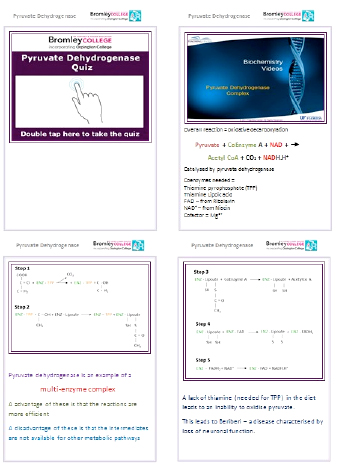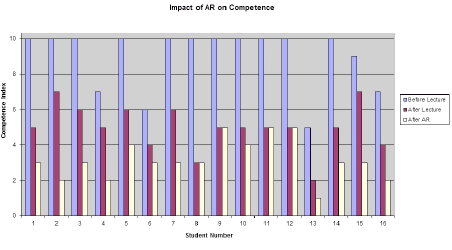The following blog post has been kindly sent to us from Barry Spencer, Bromley College, who has been working on an AR trial with students.
An AR Experiment
During the summer term 2013, as an opportunity for staff to explore new and emerging technologies and practice emerged, the College launched a series of innovation projects.
Following on from the work already conducted in the use of augmented reality using the Aurasma application, please see ‘ Engaging learners with augmented reality’ at http://jiscrsclondon.wordpress.com/2013/02/28/augmented-reality/ – an Innovation Project application was approved using Augmented Reality.
Overview (description):
The project would be used as a mechanism to inform on the following points of interest:
1: To explore the potential for Augmented Reality to leverage student engagement.
2: The possibility of enriching paper based course materials with voice-overs, animations, videos and images.
3: Investigate the potential of replacing standard A4 course notes.
4: Take advantage of what has become the widespread ownership among students of Smartphone and Tablet Devices in accessing these new materials.
5: The viability of utilising Augmented Reality technology in support of mobile learning from both the perspective of student learning experience and wider network accessibility.
Aims and Objectives:
Aim: To employ the use of augmented reality as part of student materials
Objectives: To both enrich and engage the student learning experience
Project Outline or Methodology:
The project would be used with students currently enrolled on our year 2 BSc Science course unit Metabolism and Disease, lecturer Nyree Myett. The course itself is delivered to forty students divided into two discrete groups. The material selected for the project would be drawn from a five sided A4 hand-out covering Pyruvate Hydrogenase, that will be modified in terms of the project definition to produce an augmented reality version. The completed AR document has been reproduced as a screen shot below, or view a video here at http://cd.bromley.ac.uk/bteccourses/arVideo/bcarscience.mp4
Produced as a double-sided A4 page, in use the handout would be folded in half so effectively becoming A5. With specific reference to digital content the document comprised on a YouTube video, two animations with a voice over and finally a Moodle quiz.
As a means of evaluating the overall effectiveness of the learning experience, each group will complete a chart (please see below), recording their overall sense of competence in the subject area before the lecture, after the lecture and following the use of AR.
| Competence | BeforeLectures | AfterLectures | AfterAR |
| 10 (very low) | |||
| 9 | |||
| 8 | |||
| 7 | |||
| 6 | |||
| 5 | |||
| 4 | |||
| 3 | |||
| 2 | |||
| 1 (very high) |
Outcome of the trial:
A prerequisite of the talking part in the project relied upon students owning suitable Smartphone or tablet devices, of the original forty only sixteen had suitable access.
The screen shot of the spreadsheet chart below shows the competence outcomes of the participants 1 (very high) to 10 (very low). An initial visual assessment of the outcome reveals that of the sixteen taking part, four students felt that the inclusion of AR materials had not improved their sense of competence in the subject. However 12 did indicate that the AR had made a measurable impact. Taking the average for improvements only gives a figure of 2.42 (almost 25%).
Conclusion:
This was the first trial of using AR here at the College for a single target group. The results gained from the feedback are certainly encouraging. With regard to the five points outlined in the overview for the project, I feel these have all at least in part proved worthwhile as criteria for inclusion in future augmented reality project work.
———————————————–END————————————————
We thank Barry for his contribution. We are always keen to hear your AR stories. Please contact Louise Egan (louise.egan@manchester.ac.uk) if you have a story to tell.



